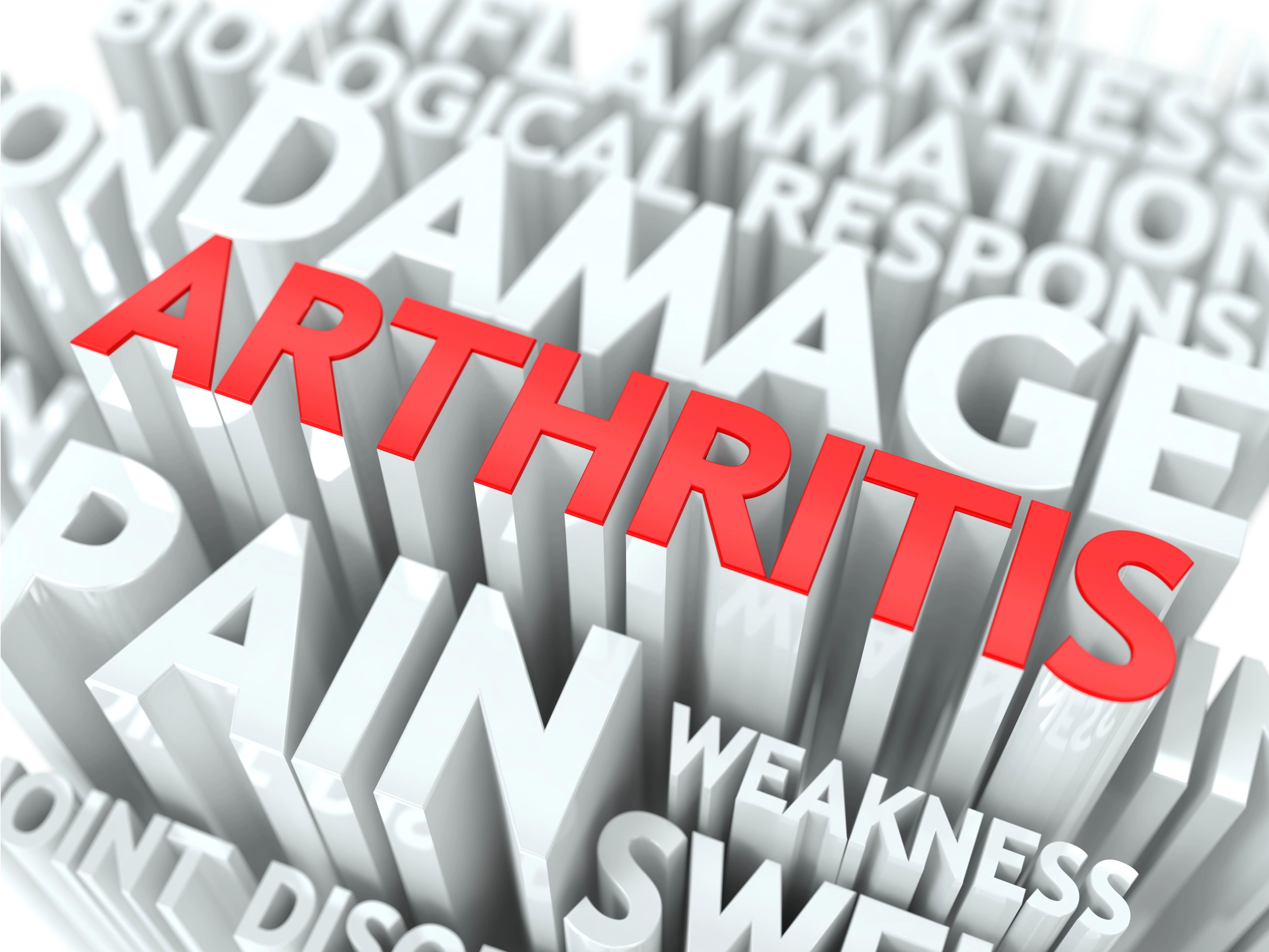Arthritis Awareness Month: 4 Things You Can Learn

Arthritis Awareness Month serves as a crucial time to shed light on a condition affecting millions, particularly those considering or residing in retirement communities. This observance aims to educate and foster understanding about arthritis, its impact, and the strategies for managing it effectively. Here, we explore four essential learnings that Arthritis Awareness Month brings to the forefront, particularly beneficial for families, loved ones, and retirement community members.
Understanding Arthritis and Its Impact
Arthritis is not a single disease; it's an umbrella term that encompasses over 100 different types of joint diseases and related conditions. Recognizing the symptoms and understanding the types of arthritis can lead to early diagnosis and treatment.
- Types and Symptoms
Learning about the various types of arthritis, such as osteoarthritis, rheumatoid arthritis, and psoriatic arthritis, among others, helps in recognizing their distinct symptoms.
- Impact on Daily Life
Arthritis can significantly impact daily activities. Understanding these challenges is the first step toward offering the right support and accommodations within retirement communities.
The Importance of Early Diagnosis and Treatment
Early diagnosis of arthritis can prevent significant damage to the joints and, consequently, improve the quality of life. Arthritis Awareness Month emphasizes the importance of seeking medical advice when symptoms first appear.
- Seek Professional Help
Encouraging loved ones to consult healthcare providers for early symptoms can lead to timely interventions.
- Treatment Options
Familiarizing oneself with the range of treatment options available, from medication to physical therapy, can help in making informed decisions about care within a retirement community setting.
Lifestyle Modifications and Management Strategies
Managing arthritis often requires lifestyle modifications and adopting certain management strategies to alleviate symptoms and maintain mobility.
- Exercise and Physical Activity
Regular, gentle exercise can help keep joints flexible and strengthen the muscles around the joints, thereby reducing overall pain and improving function.
- Diet and Nutrition
A balanced diet rich in anti-inflammatory foods can play a role in managing arthritis symptoms. Retirement communities can support this through nutritious meal planning.
- Environmental Modifications
Simple modifications in the living environment can greatly assist those with arthritis. Features like grab bars, raised toilet seats, and ergonomic furniture can make daily tasks more manageable.
The Role of Support Systems and Communities
The support from family, friends, and community members is invaluable for those living with arthritis. Arthritis Awareness Month highlights the importance of building a strong support system.
- Education and Awareness
Educating the community about arthritis can foster a more understanding and supportive environment.
- Social Support
Retirement communities can organize support groups or educational sessions to facilitate peer support and exchange of information among residents.
- Collaborative Care
Integrating healthcare providers, team members, and family inputs can create a comprehensive care plan that addresses all aspects of living with arthritis.
Arthritis Awareness Month offers a valuable opportunity for individuals, families, and retirement communities to learn more about arthritis, its impact, and effective strategies for management and support. By focusing on early diagnosis, lifestyle modifications, and fostering strong support systems, it's possible to improve the quality of life for those affected by arthritis. This observance serves as a reminder of the importance of education, awareness, and community in managing chronic conditions.
